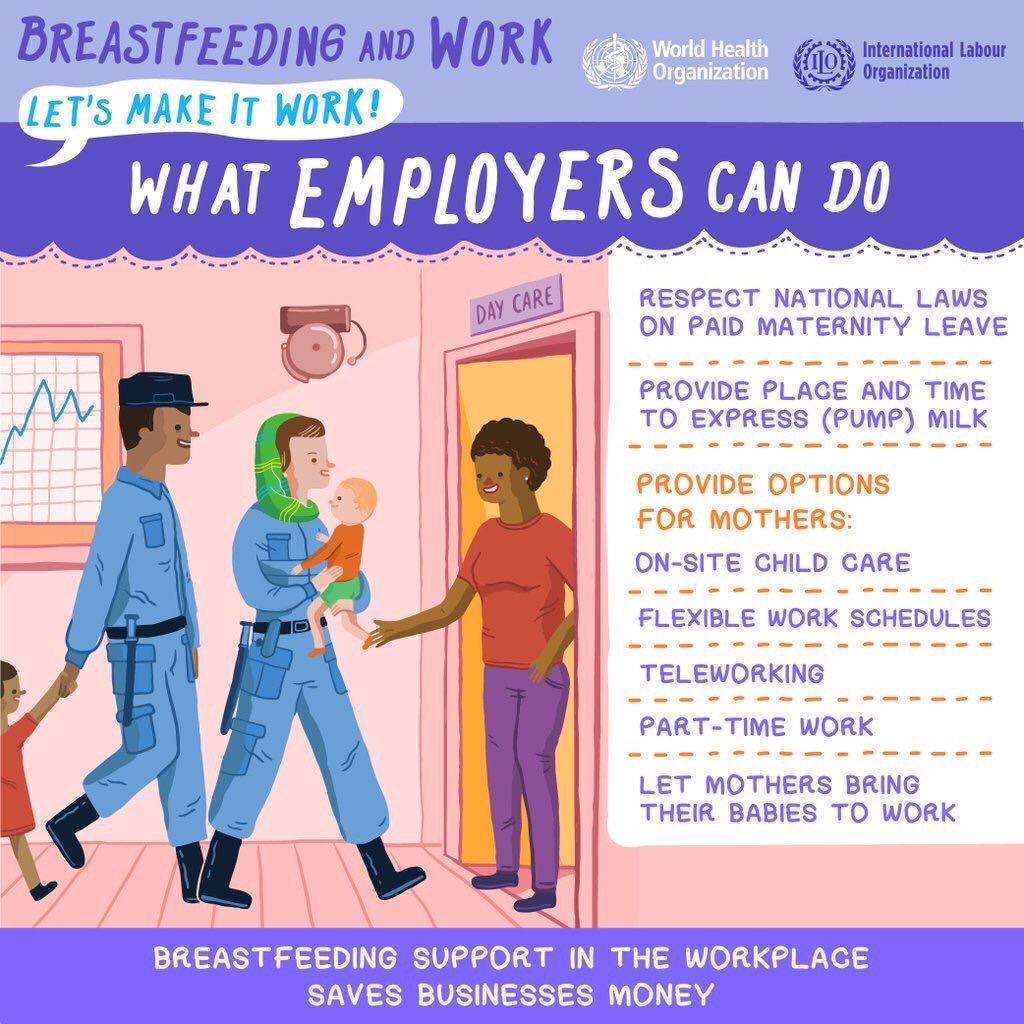How to make the workplace a better place for working mothers (Part 2)
Corporate Policies on maternity leave
Overview
This particular subject is very dear to my heart. As a follow up to my post on Maternity leave in Ghana I decided to go further to solicit the opinions of others (general survey not targeted at only mothers) to confirm if my thoughts and expectations were too far off relative to others. A survey was conducted to explore the reality of exclusive breastfeeding in relation to the maternity leave options available to working mothers and parents.
Disclaimer: This survey was conducted pre-Covid era but will do my best to factor in the new changes and its effects on my earlier planned post.
To make this an easy read, it has been broken down into 3 parts.
- The first part explored the current work policies and whether in the viewpoint of workers it helps mothers to breastfeed exclusively for 6 months (How to make the workplace a better place for working mothers (Part 1));
- the second part assesses what companies are doing differently from others and areas of improvement; and
- finally the last part will focus on flexible work options and the most preferred form of maternity leave packages.
@mophie227 Your inability to exclusively breastfeed your baby for 6months does not make you a bad parent! -OMT
Tweet

PART 2
Question: In your opinion does your current leave status make it convenient for mothers especially those breastfeeding?


According to a study on “Examining working mothers’ experience of exclusive breastfeeding in Ghana” by Abekah-Nkrumah et al (2020), it was discovered that the ability of working mothers to exclusively breastfeed their babies was dependent on two main factors. The first being the knowledge and experience with exclusive breastfeeding and the second is the workplace factors. The length of maternity leave, closing hours for breastfeeding mothers, the lack of maternity policies and support available at the workplace and the lack of family work-life balance were key determinants to the success rate of a mother breastfeeding her baby exclusively.

Responses from survey are mostly be consistent with the results of the study. The ability of working mothers to close early and enjoy more leave days before resuming work may have a significant impact on the convenience of breastfeeding. During the Covid pandemic, a friend who was on maternity leave had to resume work despite the fact that she could equally achieve the same expected results working from home. She had to battle with getting reliable childcare support in good time to get back to work in the right frame of mind.

Most mothers I speak to also feel let down by their HR and most often than not these HRs are usually without kids. Will this require further training on the part of HRs or do you think HRs should have family experience to be able to creatively suggest flexibility working options for parents at the workplace? This could be a discussion for another time.

The silver lining with the pandemic is the awareness that work previously done in person can be achieved remotely with the right tools and resources. This in my opinion should make it relatively easier now for working mothers to enjoy 3 months maternity leave and 3 months flexibly working from home. I did not mention 6 months because the long-term effect is that it would result in discriminations against mothers and young females at work places. This is one thing we would want to avoid.

In conclusion, corporate policies such as maternity leave duration, facilities to support breastfeeding mothers such as pumping stations, working hours for breastfeeding mothers, flexi-work options are very important considerations for any company that intends to have an all-inclusive and diverse working practice.
Another important area to consider in future which spans across the workplace, community and society is the availability of counselling and support to working mothers. There are mothers who are unable to produce sufficient milk to breastfeed and the fear of being judged may drive her into depression.

What are your thoughts and experiences? Tell us about it in the comments section or email omtsdigest@gmail.com


Further reading
Abekah-Nkrumah, G., Antwi, M.Y., Nkrumah, J. et al. Examining working mothers’ experience of exclusive breastfeeding in Ghana. Int Breastfeed J 15, 56 (2020). https://doi.org/10.1186/s13006-020-00300-0




One thought on “How to make the workplace a better place for working mothers (Part 2)”